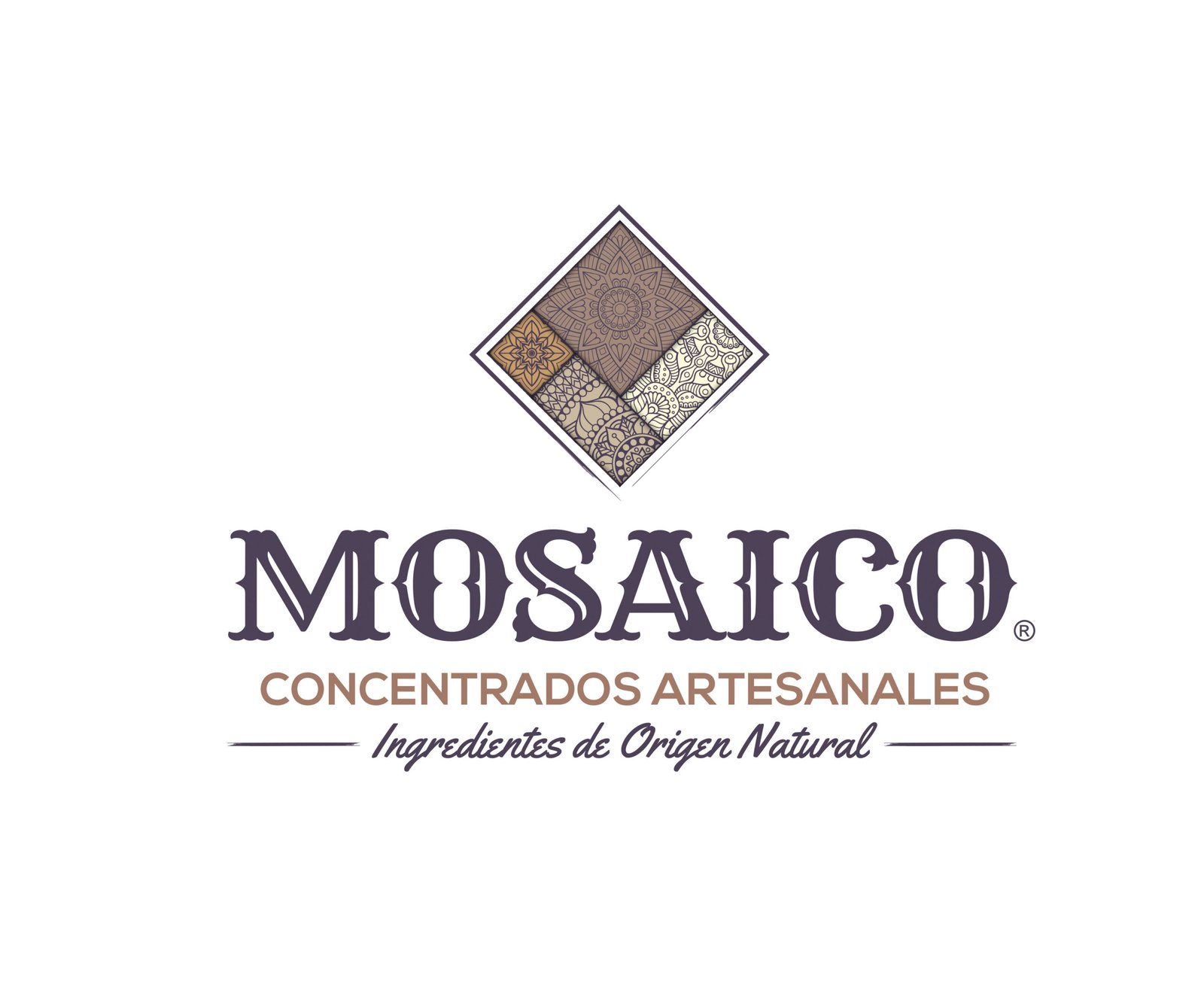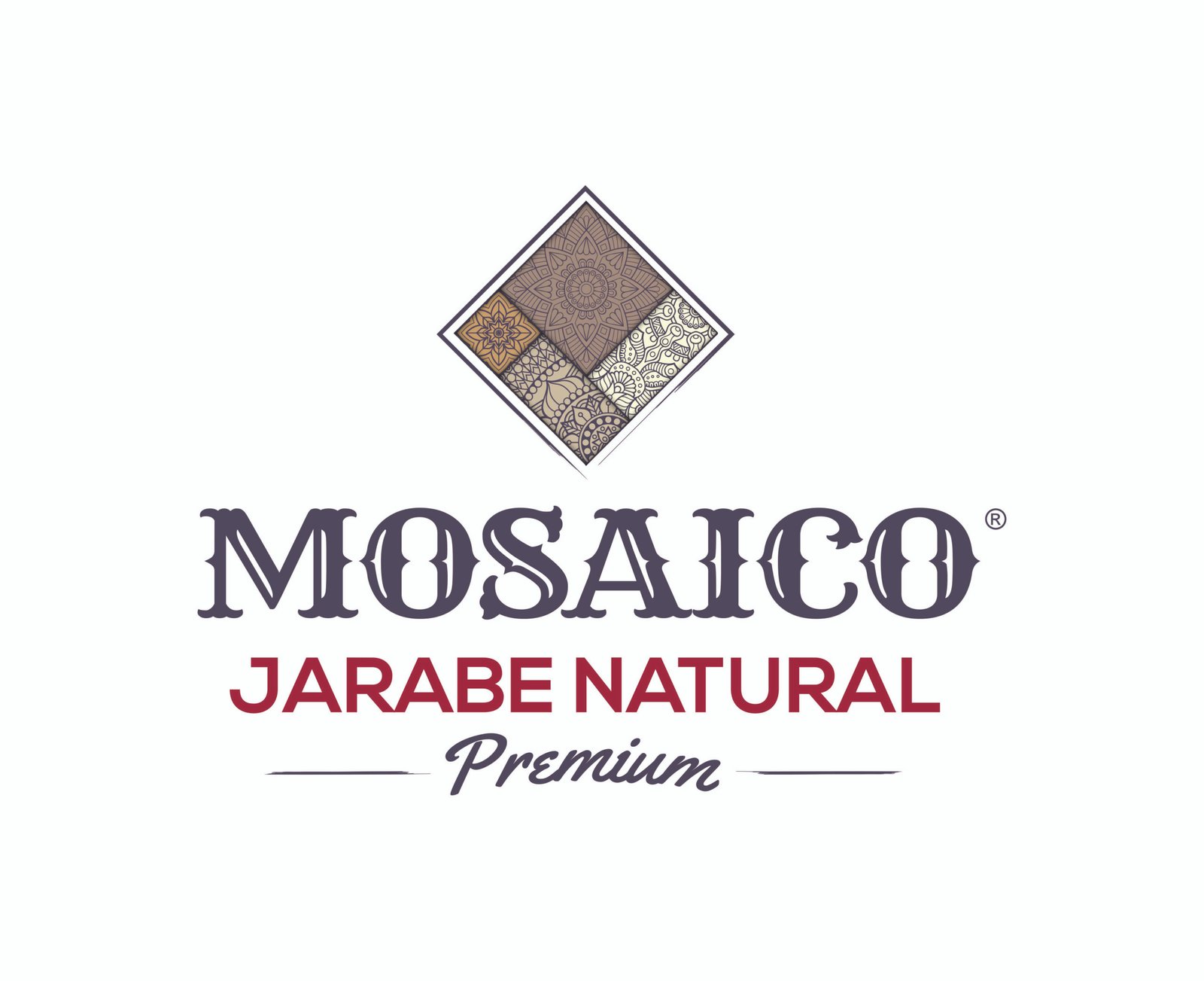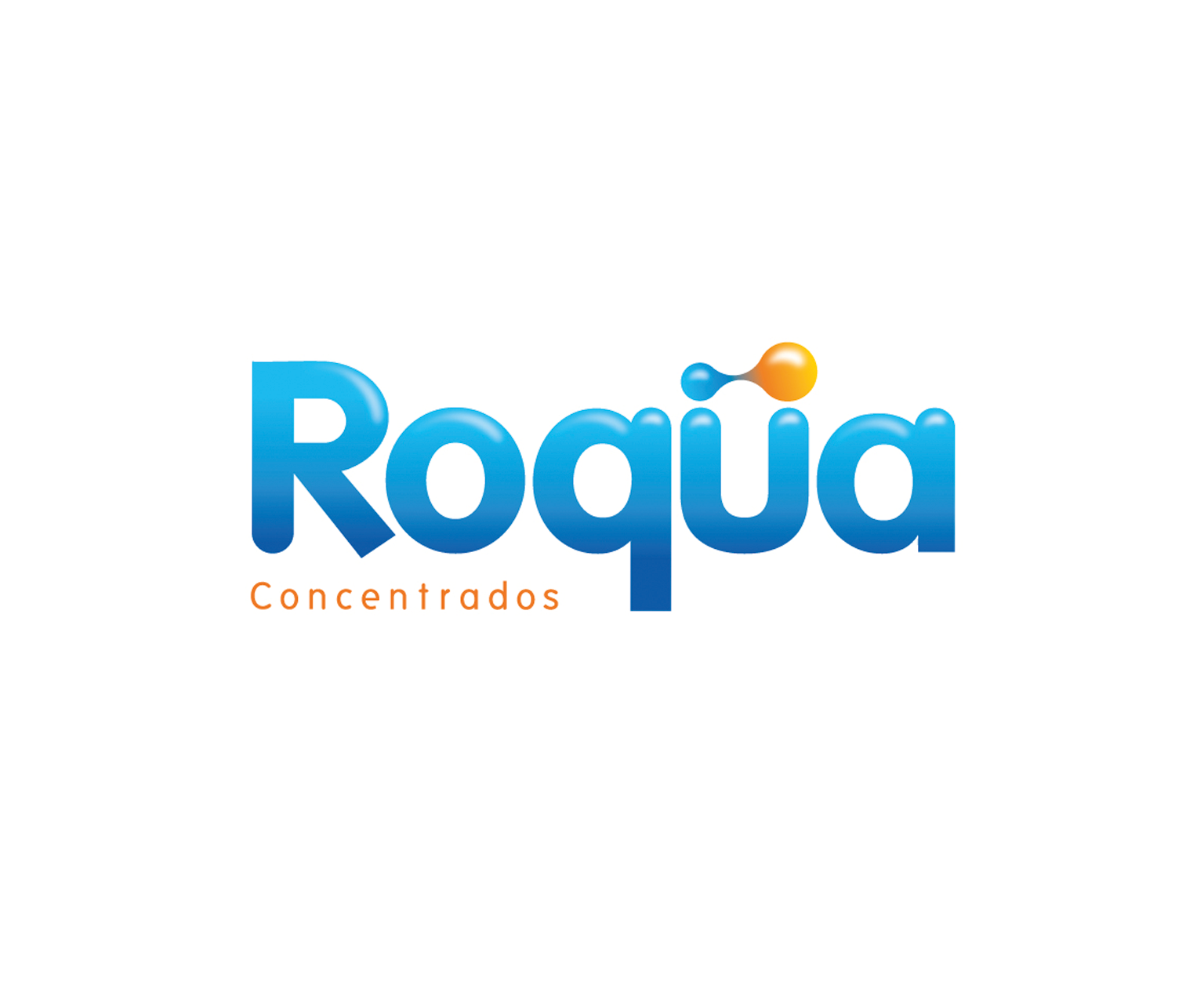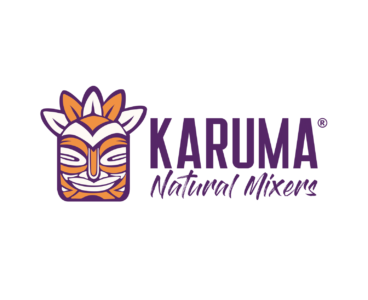Anjouan Gambling License Understanding Its Benefits and Requirements for Operators

Begin preparation early: gathering necessary documents is key to a smooth application. Essential paperwork typically includes a detailed business plan, identity verification, and proof of funds. Engage with local legal experts to ensure compliance with all regulations and legal standards.
Prioritize establishing a strong operational framework. Present insights into your target market and strategies for risk management. A well-structured proposal demonstrates professionalism and enhances credibility to licencing authorities.
Stay informed regarding specific application timelines. Variability in processing can occur, influenced by the complexity of your submission. Regular communication with the regulatory body can mitigate delays and provide clarity on any requirements or adjustments needed.
Overview of Anjouan Gambling Legislation
Current regulations governing betting activities in Anjouan mandate a clear framework that operators must adhere to. Those interested must ensure compliance with local laws to establish a lawful enterprise.
Key Legal Provisions
The principal legislation outlines requirements for registration, operational standards, and taxation obligations. Operators must submit relevant documents, including proof of financial stability and a detailed business plan. Failure to meet these criteria can result in application rejection.
Regular audits and inspections by local authorities reinforce adherence to legal standards, focusing on player protection, responsible gaming, and anti-money laundering measures.
Taxation Framework
Tax rates are typically set at a fixed percentage of gross gaming revenue. It is advisable for operators to conduct thorough financial forecasting to account for these liabilities, ensuring sufficient cash flow for tax payments.
Consulting with local legal experts may provide additional clarity on compliance and assist in navigating the regulatory environment effectively.
Eligibility Criteria for Applicants
Ensure your business is legally established within a recognized jurisdiction. Documentation proving incorporation, registration, or existence in your country of operation is necessary.
Financial stability is key. Applicants must present detailed financial statements and demonstrate sufficient capital to support gaming activities. Expect scrutiny of banking histories and funding sources.
Proven experience in the gaming sector or related fields enhances credibility. Past operations or professional history in similar environments should be documented to establish competence.
All individuals associated with the application must pass background checks. This includes identifying shareholders, directors, and key personnel. Any previous illegal activities or financial misconduct will hinder approval.
Compliance with regulatory requirements is non-negotiable. Familiarize yourself with local laws governing gaming operations and be prepared to demonstrate commitment to lawful practices.
A detailed business plan outlining your strategy, target market, and operational framework will bolster your application. Include information on technology providers and software platforms utilized for operations.
Engage legal counsel specialized in gaming regulations to navigate complex requirements efficiently. Their expertise can significantly enhance your submission’s accuracy and completeness.
Required Documents for License Application
Prepare the following documentation to facilitate your application:
- Completed application form with accurate details.
- Copy of the company’s registration certificate.
- Business plan outlining proposed operations and target markets.
- Proof of financial stability, such as bank statements or balance sheets.
- Identification copies of directors and key personnel.
- Compliance and anti-money laundering policies.
- Technical specifications of gaming software and platforms.
- Evidence of past industry experience, including any licenses held.
Ensure that all documents are translated into English if originally in another language.
Double-check that you have included all necessary supporting materials to avoid delays in processing your request.
Step-by-Step Application Submission Process
Gather all required documentation before initiating your submission. Key documents typically include proof of identity, financial statements, and business plans. Accurate information is crucial for a smooth application.
Document Checklist
| Document Type | Description |
|---|---|
| Identity Proof | Passport copies and utility bills for verification. |
| Business Plan | Detailed outline of your operations and projections. |
| Financial Statements | Recent profit and loss statements. |
| Compliance Documentation | Proof of adherence to gambling regulations. |
Submit your application via the designated online portal. Ensure all files are in acceptable formats and meet size requirements. Use clear and accurate labels for each document to facilitate processing.
Submission Confirmation
After submission, monitor your email for confirmation. In case of missing information or issues, promptly address any requests from the authorities. Keeping track of timelines can help avoid delays.
Consider researching alternative options such as sites not on gamstop to explore opportunities while waiting for your application outcome.
Timeline for License Approval
Submit application with necessary documentation. Ensure all information is complete to avoid delays. Typically, initial review takes around two weeks.
After initial review, anticipate a feedback period. Authorities may request additional details or clarification within another two weeks. Addressing these promptly can expedite the following steps.
Once all information is reviewed, your application will undergo a thorough assessment. This phase usually lasts four to six weeks. Prepare for possible follow-up inquiries or requests for documentation during this stage.
Following successful review, expect a decision notification. Approval may take an additional week after the assessment is finalized. After receiving the confirmation, official licensing documents will be issued promptly.
| Phase | Duration |
|---|---|
| Initial Application Review | 2 weeks |
| Feedback and Clarification | 2 weeks |
| Assessment Period | 4-6 weeks |
| Decision Notification | 1 week |
Overall, anticipate a total timeline ranging from 9 to 11 weeks, contingent on responsiveness and completeness of submitted materials. Regular communication with relevant authorities can help streamline interactions and maintain progress.
Common Challenges During the Application

Incomplete Documentation often leads to delays. Ensure every required document is meticulously prepared and submitted. Missing any paper can impede progress.
Legal Compliance is frequently misunderstood. Familiarize yourself with jurisdictional regulations and ensure adherence. Seek legal counsel if uncertainties arise to avoid complications.
Financial Audits can be burdensome if records are not properly maintained. Have transparent financial statements readily available. Discrepancies can trigger additional scrutiny.
Time Management is critical. Anticipate potential bottlenecks in the evaluation phases. Allocate ample time for each step to avoid rushing and potential mistakes.
Technical Infrastructure needs careful consideration. Ensure your platform meets technical standards demanded by regulatory bodies. Investing in quality technology can streamline approval.
Cultural Misunderstandings might emerge. Familiarize yourself with the local business culture and practices to establish rapport with regulatory personnel. A respectful approach often yields better cooperation.
Communication Issues may arise, especially if you’re not fluent in the local language. Employ local advisors or translators to facilitate clarity in correspondence and negotiations.
Licensing Fees and Costs
Initial application fees can range from $10,000 to $25,000, depending on the specifics of your project and business model. Annual renewal fees typically vary between $5,000 and $15,000.
Prepare for additional costs such as regulatory compliance assessments and legal consultations, each potentially adding several thousand dollars to your budget. It’s advisable to allocate funds for technology infrastructure and secure payment processing, which may incur extra charges.
Consider including marketing expenses to promote your platform, including SEO services and promotional campaigns. This can further add to your overall costs.
It’s prudent to consult with local experts familiar with regional regulations to ensure sophisticated financial planning and avoid unexpected expenses. Align your budget with all expected and unexpected charges to achieve a smooth operation.
Post-License Requirements for Operators
Ensure compliance with ongoing regulatory obligations by focusing on the following aspects:
- Financial Reporting: Submit quarterly and annual financial statements to relevant authorities. Maintain transparency regarding gaming revenue and operational expenses.
- Tax Obligations: Pay applicable taxes on generated income. Stay updated on tax rates and filing deadlines to avoid penalties.
- Responsible Gaming Policies: Implement measures to promote responsible play. Provide tools for self-exclusion, deposit limits, and educational resources for players.
- Technical Standards Compliance: Regularly audit gaming systems to ensure they meet the required technical specifications. Address any identified discrepancies promptly.
- Player Data Protection: Adhere to data protection regulations. Secure players’ personal and financial information through robust encryption methods.
- Customer Support: Offer timely and effective assistance to players. Establish multiple communication channels, including live chat, email, and phone support.
- Marketing and Advertising Regulations: Ensure that all promotional content complies with local guidelines. Avoid deceptive practices and clearly communicate terms and conditions.
Regularly conduct internal audits to assess compliance and identify areas for improvement. Engage legal counsel for insights into regulatory updates and industry best practices.
Importance of Compliance with Local Regulations
Adhering to local regulations is non-negotiable for businesses seeking to operate legitimately. Non-compliance can lead to severe repercussions, including hefty fines and shutdowns.
Key aspects include:
- Legal Framework: Familiarize yourself with laws governing operations. Each territory has specific requirements that dictate business practices.
- Consumer Protection: Ensure transparency in offerings to build trust. This includes clear terms and conditions, responsible gaming measures, and data protection policies.
- Tax Obligations: Stay informed about the taxation system applicable to your operations. Proper tax management solidifies your standing in the jurisdiction.
- Licensing Mandates: Secure all necessary permits before commencing operations. This includes detailed documentation and potential audits by authorities.
- Regular Reporting: Maintain detailed records and submit necessary reports as required by local laws. This promotes credibility and accountability.
Failure to comply can jeopardize operations and expose businesses to legal actions. Regularly consult legal experts to remain up-to-date on regulatory changes.
Renewal Steps for Anjouan Betting Permit
Begin the renewal by submitting a formal request to the regulatory authority. Ensure all details, including business name and current permit number, are accurate and up-to-date.
Required Documentation
- Completed renewal application form
- Proof of continued compliance with gaming regulations
- Updated financial statements
- Background checks on all key personnel
Submission Method
Send all documents electronically or via postal service, depending on the authority’s current preferences. Keep copies of all submitted materials for your records.
Pay any applicable renewal fees at the time of submission. Verify the amount and payment methods accepted, as this can vary. Payments made incorrectly can delay the process.
Monitor your application status through the regulatory body’s online portal or customer service. It’s advisable to follow up if the review period extends beyond the typical timeframe.
Once renewal is approved, immediately ensure compliance with any new regulations or conditions attached to the updated permit. Regular audits and checks will help maintain adherence to standards and avoid future issues.
Potential Changes in Gambling Regulations in Anjouan
Stay informed about amendments affecting regulatory frameworks by monitoring local government announcements and proposed legislation. Compliance with updated rules will be critical for operators seeking a foothold.
Consider participating in industry forums and discussions, as these platforms often reveal insights into upcoming regulatory shifts. Establishing connections with local legal experts can provide guidance on interpretations of new regulations.
Evaluate the potential impact on operational strategies, including payment processing and user engagement methods. Adapting to modifications in compliance requirements may dictate adjustments in business models.
Anticipate stricter oversight on advertising methods and player protection mechanisms. Increasing transparency in operations will likely foster a more trustworthy environment, appealing to both players and regulators.
Explore international trends in regulation that could influence local practices. Aligning operational standards with emerging global expectations can enhance marketability and compliance readiness.
Prepare for potential tax implications arising from revised revenue models. Engaging a tax advisor familiar with local laws can aid in planning for financial changes that may arise.
Resources for Further Assistance and Guidance
For detailed information and support, visit the official website of the Anjouan Isle Government. Here, you will find official regulations and contact details for inquiries. Access online forums and communities where industry professionals share experiences and advice on obtaining permits.
Consulting Firms
Engaging with specialized consulting firms can streamline your application. Look for organizations with a strong track record in offshore regulations. They often provide tailored services, from documentation preparation to legal advice.
Legal Experts
Connecting with attorneys who specialize in gaming law can clarify complex legal requirements. These professionals can assist in ensuring compliance with regulatory frameworks and help navigate potential challenges.
Educational resources such as webinars and workshops focusing on licensing issues enhance knowledge and understanding of requirements. Subscribing to newsletters from regulatory bodies can keep you updated on any changes in legislation.
Utilize social media platforms (like LinkedIn) to network with other operators and learn about their experiences in similar processes. Engaging with industry-specific groups can be beneficial for gathering insights and advice.
Case Studies of Successful License Applications
For entities aiming for authorization in this region, analyzing successful submissions offers invaluable insights. Companies that focused intensely on compliance, financial transparency, and operational integrity stood out in evaluations.
Example: Company A
Company A submitted a proposal with a clear business model and detailed operational procedures. Their financial stability was showcased through rigorous documentation that included audited financial statements, which demonstrated consistent revenue growth over three years. Proactive engagement with regulatory officials during the application phase allowed for addressing potential concerns early.
Example: Company B
Company B emphasized robust customer protection measures and responsible gaming protocols. Their application included data on player safety initiatives and tools for self-exclusion, which significantly impressed the reviewing board. Furthermore, their marketing strategy highlighted adherence to ethical standards, utilizing non-invasive promotional methods.
| Company | Key Strategies | Outcomes |
|---|---|---|
| Company A | Financial transparency, regulatory engagement | Timely approval, start of operations within 6 months |
| Company B | Player safety, ethical marketing | Approval with commendations, enhanced public trust |
Entities seeking similar licenses must tailor their submissions based on these highlighted strategies, focusing on transparency and community engagement to elevate their chances of approval.
Q&A:
What are the primary requirements for obtaining an Anjouan gambling license?
To obtain an Anjouan gambling license, applicants typically need to submit detailed documents that include a business plan, financial projections, and proof of identity for owners and key stakeholders. Additionally, applicants must demonstrate compliance with regulatory standards and show a clear understanding of responsible gambling practices. It’s also necessary to pay the relevant application fees and ongoing licensing fees to maintain the license.
How long does the Anjouan gambling license application process take?
The timeline for obtaining an Anjouan gambling license can vary but generally takes between a few weeks to a few months. Factors influencing this duration include the completeness of the application, the response time of the regulatory authority, and any additional information or revisions that may be required during the review process. Ensuring all documents are in order can help expedite the timeline.
What types of gambling activities can be licensed in Anjouan?
Anjouan offers licenses for various gambling activities, including online casinos, sports betting, and poker rooms. Each type of gambling may come with specific regulatory requirements and obligations. Operators should clearly specify the type of gambling they wish to offer in their application to ensure compliance with local regulations and licensing conditions.
Are there risks associated with obtaining an Anjouan gambling license?
Yes, there are several risks to consider when obtaining an Anjouan gambling license. These can include regulatory changes that could affect the license’s validity, potential challenges in maintaining compliance with local laws, and the reputational risks associated with operating in a jurisdiction perceived as less regulated. Operators should conduct thorough research and possibly seek legal advice to understand the implications of their licensing choice.
Can foreign companies apply for an Anjouan gambling license?
Yes, foreign companies can apply for an Anjouan gambling license. However, they must comply with the same requirements as local entities, including submitting all necessary documentation and meeting financial and operational standards. It’s important for foreign operators to be aware of the specific regulations that apply to their situation, including any tax implications and the necessity of a local presence in Anjouan.












